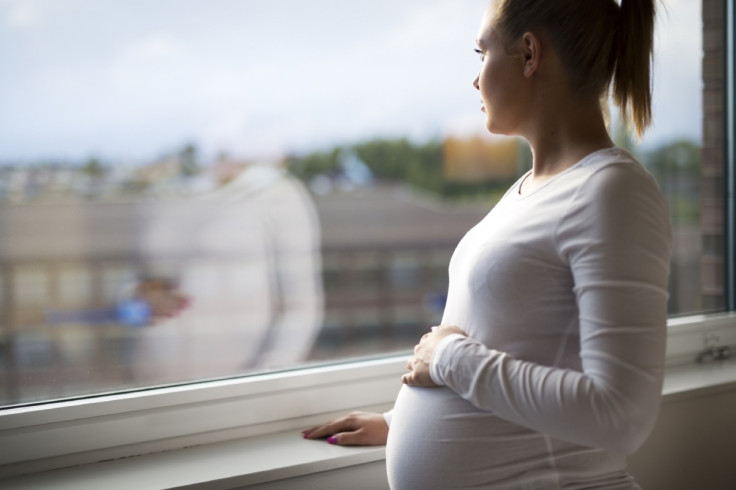Poorer women are more stressed in pregnancy, which causes brain abnormalities in their children
Health inequalities start before a child is even born.

Children from disadvantaged backgrounds tend to have more health problems throughout their lives than their privileged peers. A study has now found a way that these health inequalities take hold – it happens before birth, if a mother faces heightened stress during pregnancy.
Stress is known to take its toll on the immune system. More disadvantaged people face more stress in their daily lives – from food access and living in worse conditions, to the general hassles of daily life. During pregnancy, this stress also affects the health of the foetus.
One marker of immune stress was linked to increased neurological abnormalities in children at the age of 4 months and 1 year, according to a study in the journal PNAS. The study looked at five markers in about 1,500 pregnant women.
The marker IL-8 was particularly low among pregnant women from the most disadvantaged families. When their children were followed up at 4 months and a year, they were much more likely to have a neurological abnormality. These included differences in the children's gait, motor function, muscle tone or sensory skills.
"This reinforces the importance of the early environment for neurological development and long-term health," study author Stephen Gilman of the Eunice Kennedy Shriver National Institute of Child Health and Human Development in the US told IBTimes UK.
"Anything we can do to optimise the environment as early as possible will have long-term benefits."
This stress response during pregnancy is just one of a range of ways that predisposes people from disadvantaged backgrounds to health problems. But the findings are a step towards getting to grips with the underpinnings of health inequalities.
"We've long observed that children raised in disadvantaged environments face higher risks of health complications," said Gilman. "To identify a potential mechanism that could eventually be the target of an intervention to reduce the socioeconomic aspects of health is one of the most exciting things."
Even before then, knowledge of how stress affects the mother and the foetus could inform health policy, said psychologist Nadja Reissland of Durham University, who was not involved with the study. Stress is also a factor that can increase women's likelihood of smoking, which further threatens the health of the foetus.
"Mothers who are stressed will behave in a way that is not very healthy because they just try to get by. What we need to do is help pregnant mothers reduce their stress levels," Reissland said.
"Women who are pregnant might need more support. The partner has a big role to play, but they aren't always present or supportive. They might be abusive. The support that a mother needs is currently under-estimated in our health services."
© Copyright IBTimes 2025. All rights reserved.






















